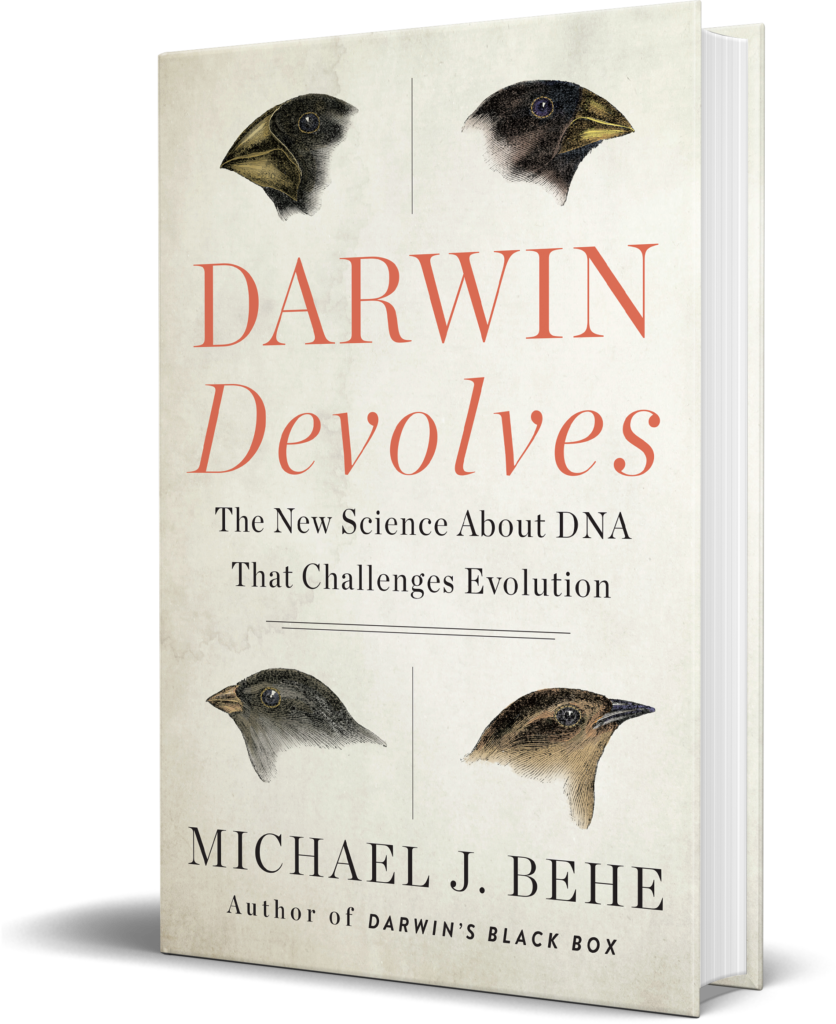Eighty-five genes:
Abstract: The transition from land to water in whales and dolphins (cetaceans) was accompanied by remarkable adaptations. To reveal genomic changes that occurred during this transition, we screened for protein-coding genes that were inactivated in the ancestral cetacean lineage. We found 85 gene losses. Some of these were likely beneficial for cetaceans, for example, by reducing the risk of thrombus formation during diving (F12 and KLKB1), erroneous DNA damage repair (POLM), and oxidative stress–induced lung inflammation (MAP3K19). Additional gene losses may reflect other diving-related adaptations, such as enhanced vasoconstriction during the diving response (mediated by SLC6A18) and altered pulmonary surfactant composition (SEC14L3), while loss of SLC4A9 relates to a reduced need for saliva. Last, loss of melatonin synthesis and receptor genes (AANAT, ASMT, and MTNR1A/B) may have been a precondition for adopting unihemispheric sleep. Our findings suggest that some genes lost in ancestral cetaceans were likely involved in adapting to a fully aquatic lifestyle. – Matthias Huelsmann, Nikolai Hecker, Mark S. Springer John Gatesy, Virag Sharma1,| and Michael Hiller, Science Advances 25 Sep 2019: Vol. 5, no. 9, eaaw6671 DOI: 10.1126/sciadv.aaw6671

But isn’t that the kind of thing the villain Michael Behe argues in Darwin Devolves?
If much evolution occurs by the loss of information. we need a theory other than Darwinism (natural selection acting on random mutations allegedly creates information) to help us understand the history of life.
See also: A Review Of Behe’s Darwin Devolves That Looks At What Behe Actually Says
and
Follow UD News at Twitter!